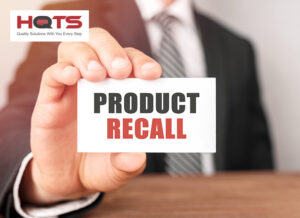The European Commission has taken a significant step in the global effort to combat microplastic pollution. On September 27, 2023, it introduced Regulation (EU) 2023/2055, amending Annex XVII of the REACH Regulation. The new regulatory framework is designed to address concerns surrounding the presence and impact of microplastics in the environment.
Microplastics in the EU
Microplastics, particularly synthetic polymer microparticles and chemically-modified natural polymers, possess characteristics that raise concerns about their persistence in the environment. They are insoluble in water and degrade slowly, which increases the likelihood of ingestion by various organisms. This, in turn, has prompted questions about their impact on ecosystems and potential repercussions for human health.
EU Implements Ban on Microplastics
In a move to address the issue of microplastic pollution, the European Union (EU) Published Regulation (EU) 2023/2055 in the Official Journal of the European Union, and introduced a new entry 78 of REACH Annex XVII.
The new regulation ban on the sale of microplastics and products that intentionally contain microplastics, and subsequently release them during use. This prohibition applies when microplastics are present either as a standalone substance or in a mixture, with a concentration equal to or greater than 0.01% by weight. Note that this ban will extend to microplastics used in cosmetics, personal care products, and detergents.
The regulation (EU) 2023/2055 took effect for products placed on the market from October 17, 2023.
Scope and Exemptions
While this ban is comprehensive, not all products will be affected. Certain exemptions are outlined in the regulation, primarily excluding products used at industrial sites and those that do not release microplastics during their use. For more information read the Commission Regulation (EU) 2023/2055 here.
Businesses impacted by these regulatory changes are advised to seek guidance and support. Contact HQTS to get tailored support for any questions you may have.




